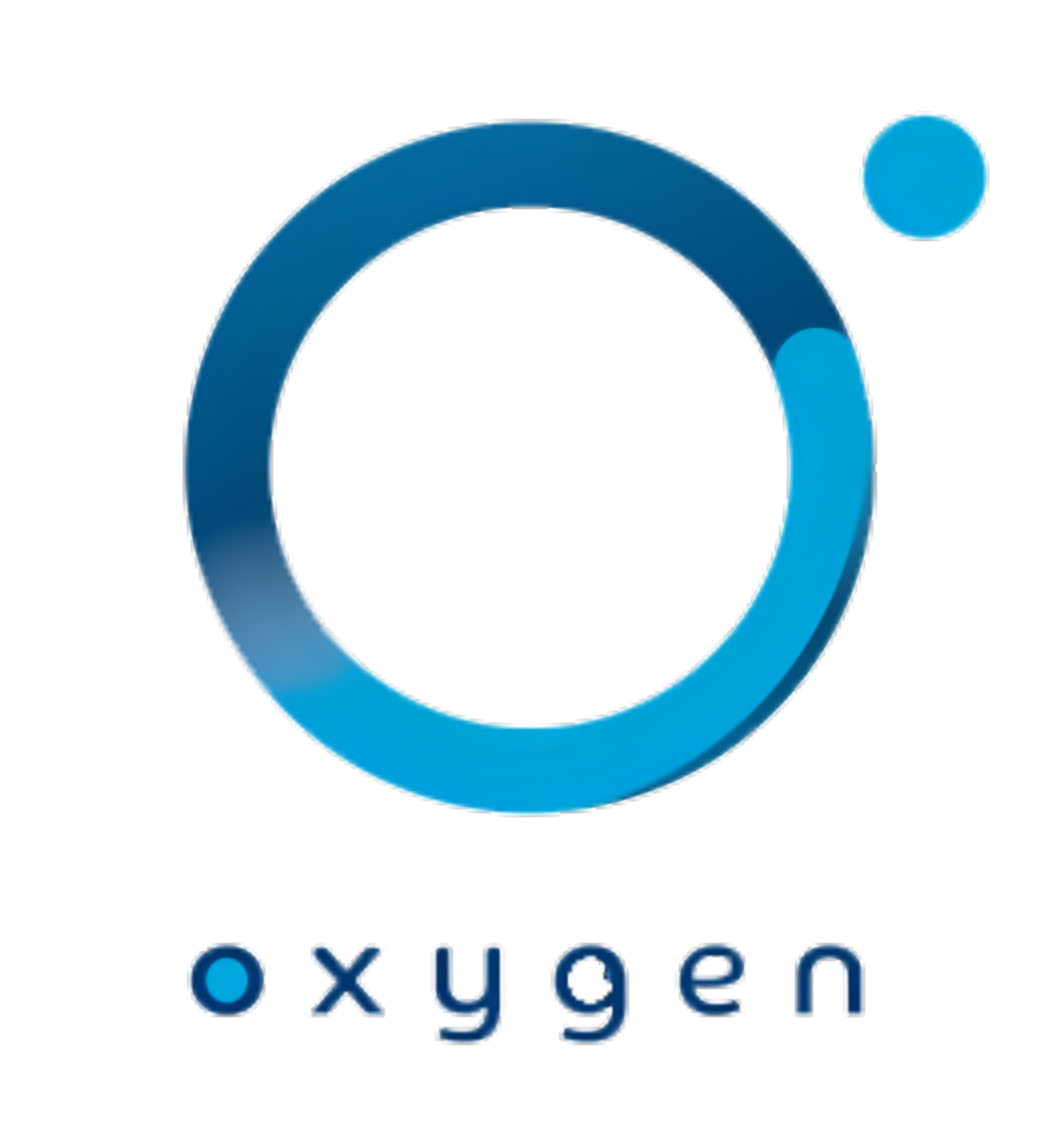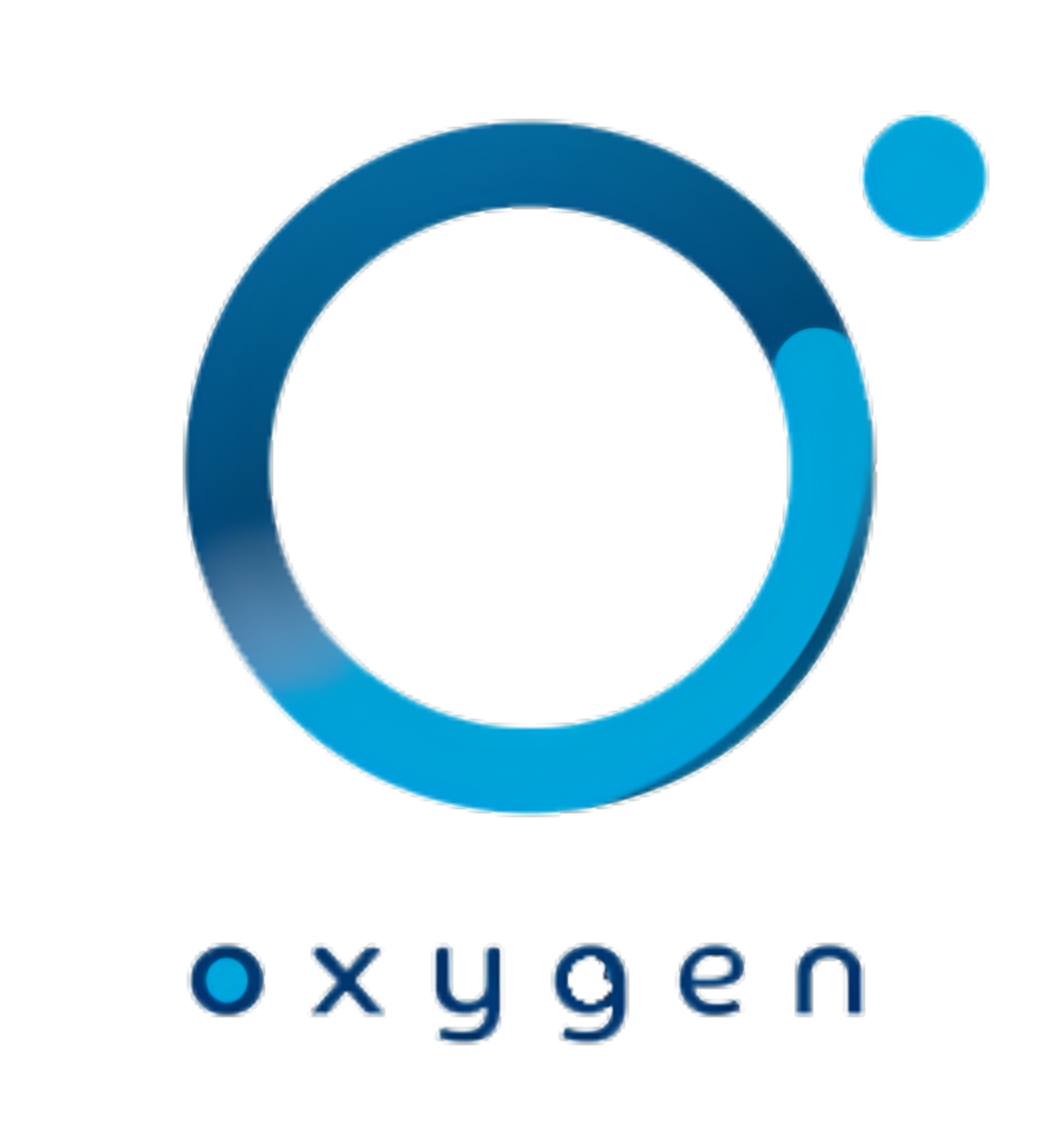Lab Report Shows efficacy of Oxygen Coating against surface MOLD growth

White Paper
Title: Advanced Mold Resistance with Oxygen Coating
Sanctioned by: Creative Oxygen Labs
Location of Test: Certified Laboratory of Industrial Microbiology
Test Duration: 30 Days
Environmental Conditions: 32°C | Relative Humidity >85%
Testing Method: Visual Surface Analysis (VSA)
Executive Summary
Mold growth in indoor environments is a persistent health and infrastructure challenge, particularly in humid climates. This lab report presents the results of a 30-day testing comparing the mold resistance of Creative Oxygen Labs’ proprietary coating (“Oxygen Coating”) to regular paint. The findings reveal a stark contrast: while the untreated paint surface succumbed to visible mold infestation, the Oxygen Coating demonstrated zero signs of mold growth, even when directly exposed to multiple pathogenic mold strains under high-humidity conditions.
Objective
To scientifically evaluate the effectiveness of Oxygen Coating in preventing mold growth versus standard paint finishes under controlled conditions that promote mold proliferation.
Methodology
Identical drywall substrates were prepared with:
- Regular paint (control group)
- Oxygen Coating (test group)
Each sample was placed in a sterile petri dish and inoculated with mold droplets containing a mix of five potent mold species:
- Aspergillus niger
- Rhizopus stolonifer
- Sporothrix schenckii
- Chaetomium globosum (graminii variant)
- Sporothrix hyalinus
Samples were incubated at 32°C and >85% relative humidity, with visual assessments conducted on Days 1, 7, 15, 25, and 30.
Results
| Day | Regular Paint Surface | Oxygen Coating Surface |
| Day 1 | No change | No change |
| Day 7 | Yellowing, early mold spots | No change |
| Day 15 | Surface discoloration, visible mold patches | No change |
| Day 25 | Mold colonization, material decay | No change |
| Day 30 | Heavy mold infestation, structural breakdown | No change |
Health Impacts of Tested Mold Strains
1. Aspergillus niger
- Respiratory: Asthma, allergic bronchopulmonary aspergillosis
- Immune: Invasive aspergillosis in immunocompromised patients
- Neurological: Rare CNS infections
2. Rhizopus stolonifer
- Respiratory: Mucormycosis affecting nasal and lung passages
- Immune: Aggressive tissue invasion in vulnerable individuals
- Neurological: Potential spread to brain through sinus pathways
3. Sporothrix schenckii
- Respiratory: Pulmonary sporotrichosis
- Immune: Can mimic TB-like infections
- Neurological: Rare CNS involvement
4. Chaetomium globosum (graminii variant)
- Respiratory: Chronic sinusitis, poor indoor air quality
- Immune: Long-term exposure may impair immune function
- Neurological: Linked to mycotoxin-induced cognitive issues
5. Sporothrix hyalinus
- Respiratory: Lung irritation, coughing
- Immune: Threat to immunocompromised patients
- Neurological: Possible neuroinflammatory response
Conclusion
Creative Oxygen Labs’ advanced coating technology delivers complete protection against mold colonization under extreme humidity and pathogen exposure. Unlike regular painted surfaces that degraded visibly and structurally within 30 days, the Oxygen-coated surfaces remained pristine.
This breakthrough holds powerful implications for public health, especially in buildings like schools, hospitals, residential complexes, and commercial spaces. The Oxygen Coating not only improves indoor air quality but serves as a proactive barrier against mold-borne respiratory, immune, and neurological risks.

